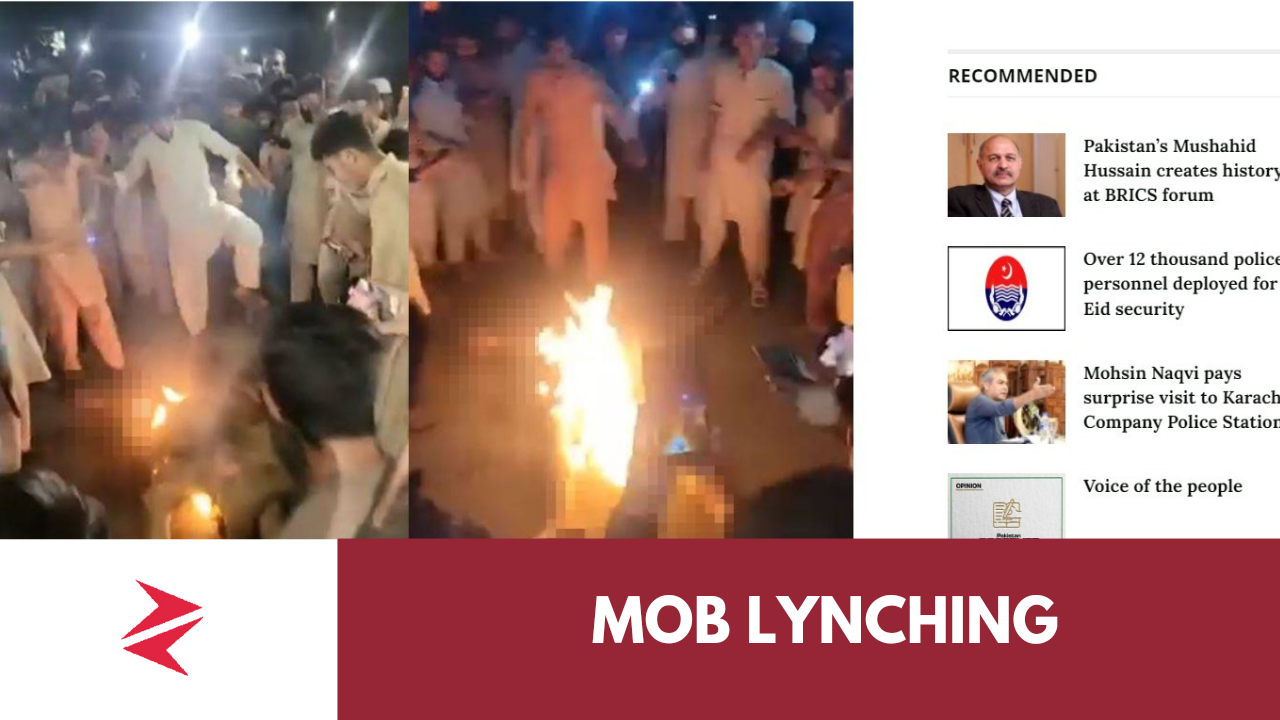The Swat lynching also highlights systemic failures within Pakistan’s legal and governmental institutions. There is a pervasive lack of trust in the government’s ability to enforce the law and ensure justice. This mistrust drives people to take the law into their own hands, leading to horrific incidents like the one in Swat. The legal system’s inability to handle blasphemy cases with transparency and fairness only exacerbates the problem.
A Polarized Society
Pakistan is a nation deeply divided on issues of religion and law. While some advocate for strict adherence to blasphemy laws, others call for more nuanced and humane approaches. This polarization often leads to heated debates and, at times, violent confrontations. The Swat incident is a tragic example of how these divisions can manifest in deadly ways.
Calls for Justice
There is an urgent need for justice and accountability in the wake of the Swat lynching. The government must conduct a thorough and unbiased investigation to ensure that those responsible for this heinous act are held accountable. Publicly addressing and condemning such vigilantism is crucial in restoring faith in the legal system and preventing future incidents.
